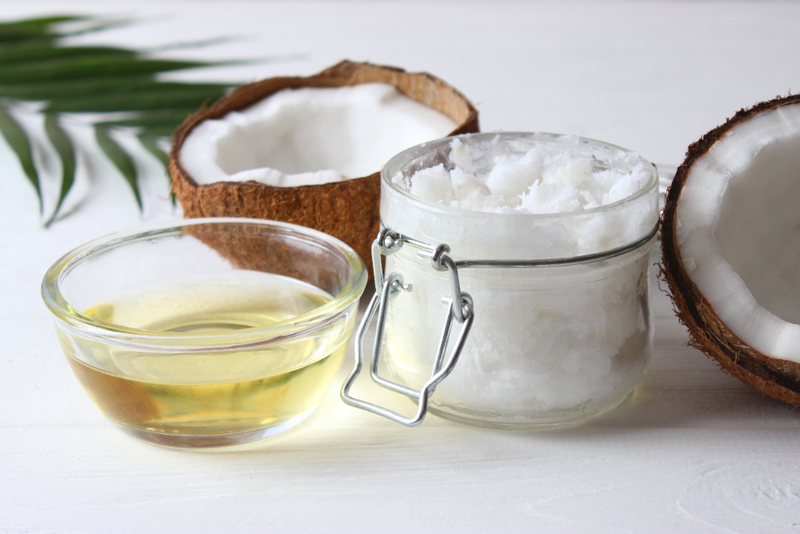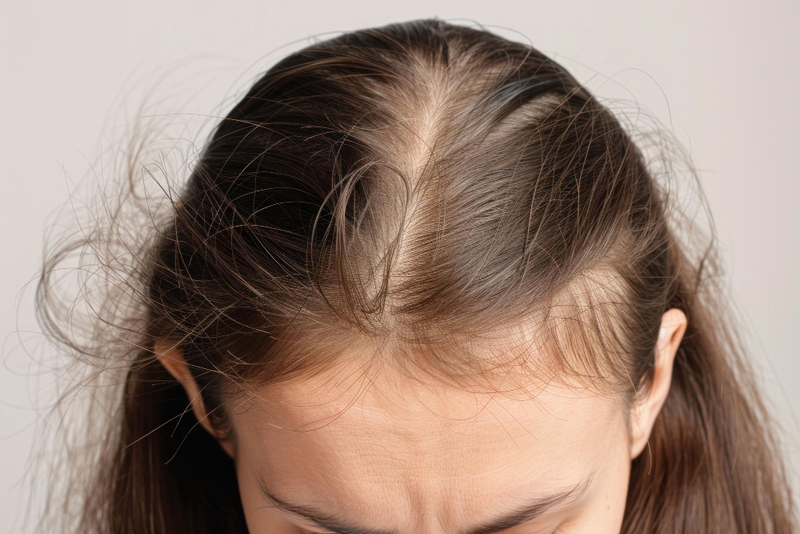Taking care of your hair in Canada can be tricky, especially with the drastic seasonal changes. From icy winters to hot, humid summers, your hair faces a lot of challenges. In this guide, we’ll dive into Canadian hair care, including natural hair care tips, seasonal advice, and solutions for common problems like hair loss.
Why is Canadian Hair Care Unique?
Living in Canada means dealing with extreme weather conditions, which directly impact your hair. Dry winters can cause breakage, while humid summers can make hair frizzy. Here’s why adapting your routine to the seasons matters:
- Winter Challenges: Cold air and indoor heating dry out hair.
- Summer Challenges: Sun exposure and humidity damage hair structure.
Your hair care routine needs to adapt to these shifts to keep your hair healthy year-round.
Natural Canadian Hair Care Tips
Focusing on natural hair care can reduce chemical exposure and promote healthier hair. Here’s how to get started:
- Use Natural Oils: Coconut oil, argan oil, or castor oil can hydrate your hair.
- Limit Heat Styling: Air-dry your hair when possible to prevent heat damage.
- Opt for Sulfate-Free Products: Look for shampoos and conditioners that are free from sulfates and parabens.
Natural hair care aligns with the eco-friendly vibe many Canadians prioritize while keeping hair healthy and strong.

Canadian Hair Care in Winter
Winter in Canada is no joke, and your hair feels it. Here’s how to protect your locks during the colder months:
- Keep Your Hair Hydrated
- Use a moisturizing shampoo and conditioner.
- Deep condition weekly with masks containing shea butter or keratin.
- Invest in a humidifier to prevent indoor air from drying out your hair.
- Protect Your Hair
- Wear a hat or scarf outdoors, but make sure it’s lined with silk or satin to avoid friction.
- Avoid washing your hair too frequently to retain natural oils.
- Prevent Breakage
- Use a wide-tooth comb on damp hair.
- Apply a leave-in conditioner to reduce static.
Canadian Hair Care in Summer
Summers in Canada can be equally challenging with heat and humidity. Keep your hair manageable with these tips:
- Shield Your Hair from the Sun
- Wear a hat or scarf to protect your scalp.
- Use products with UV protection.
- Control Frizz
- Rinse your hair with cold water to seal the cuticles.
- Apply anti-frizz serums or creams.
- Stay Hydrated
- Drink plenty of water to nourish your hair from within.
- Include foods rich in omega-3 fatty acids, like salmon and walnuts, for hair growth.
Dealing with Hair Loss in Canada
Hair loss is a common issue, often worsened by Canada’s seasonal changes or moving to a new climate. Stress, cold weather, and even diet shifts can contribute.
Tips to Address Hair Loss
If you’re experiencing hair loss after moving Canada, give your hair time to adjust to the new environment. Consider adding biotin or iron supplements to your diet. Also you can take advantage of these methods:
- Consult a hair loss dermatologist for expert advice.
- Try scalp massage to stimulate blood flow and promote hair regrowth.
- Focus on the best food for hair growth like eggs, spinach, and berries.

Supporting Hair Regrowth After Chemo
Hair regrowth after chemo is a slow process, but certain practices can support it:
- Use gentle, sulfate-free shampoos to cleanse your scalp.
- Massage your scalp daily to encourage blood flow.
- Incorporate nutrient-rich foods and supplements recommended by your doctor.
Patience is key, as hair regrowth can take several months to show noticeable results.
The Role of Diet in Canadian Hair Care
What you eat directly impacts your hair’s health. Incorporating nutrient-rich foods is essential for strong, shiny hair.
- Protein-Rich Foods: Eggs, chicken, and lentils help in keratin production.
- Omega-3 Fatty Acids: Found in salmon, chia seeds, and flaxseeds.
- Iron-Rich Vegetables: Spinach, kale, and broccoli prevent hair thinning.
These foods are easy to find in Canadian grocery stores and can work wonders for your hair health.
Simple Steps for Better Hair Care
To keep your hair healthy, stick to a consistent routine that works year-round:
- Wash your hair with lukewarm water to prevent dryness.
- Trim your ends every 6–8 weeks to avoid split ends.
- Avoid over-shampooing to maintain your scalp’s natural oils.
- Use a satin or silk pillowcase to reduce friction while sleeping.
Final Thoughts
Canadian hair care requires a little extra effort because of the country’s unique weather patterns. From natural products to seasonal tips, small changes can make a big difference in maintaining healthy, vibrant hair. Whether you’re dealing with hair loss or just trying to keep your hair looking great, these tips have you covered. Take the time to listen to your hair’s needs and adjust your routine as required. Healthy hair is always worth the effort.
FAQs
What’s the best way to avoid dandruff in Canada’s winter months?
To combat dandruff, use a medicated shampoo containing zinc or ketoconazole. Regular scalp massages can also help improve circulation and reduce flakiness.
Can using natural oils on hair cause greasiness?
If used in excess, oils can make your hair greasy. Apply a small amount to the ends of your hair, avoiding the scalp unless you’re doing a pre-wash treatment.
How can I minimize hair damage from pool chlorine in summer?
Wet your hair with fresh water before swimming, and use a swim cap. Afterward, rinse thoroughly and apply a clarifying shampoo to remove chlorine residue.
Is hair loss after moving to Canada permanent?
No, it’s usually temporary. Your scalp may need time to adjust to Canada’s weather and water conditions. Focus on hydration, scalp care, and a nutrient-rich diet to recover.
